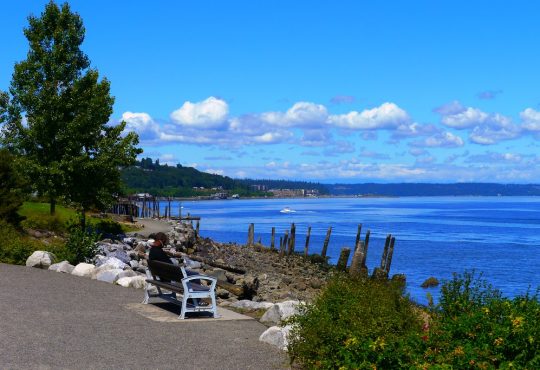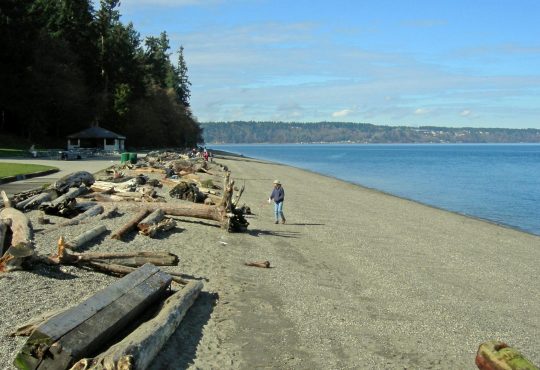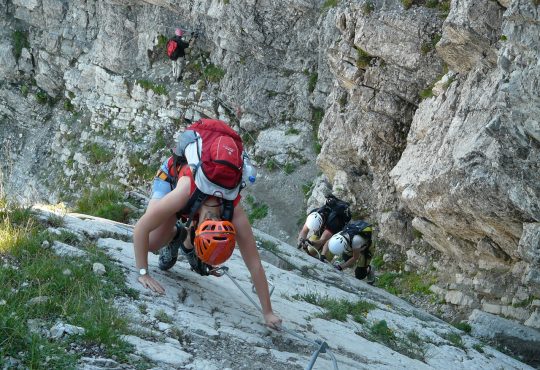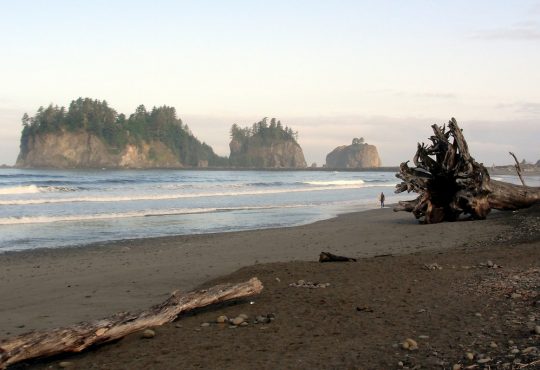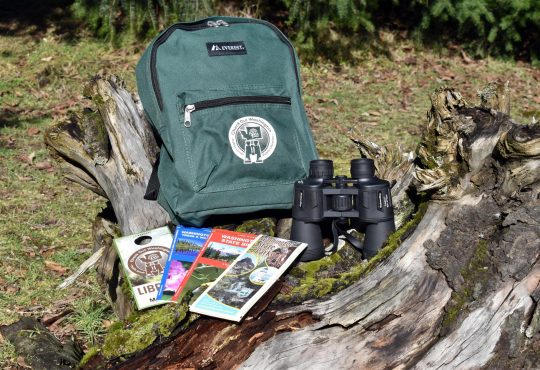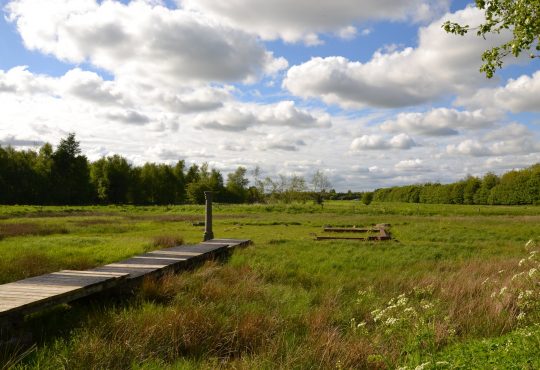
When giving tours, prospective students and families often ask me about some of our dominant cultures on campus. I usually end up talking about our student body’s near-universal inclination towards the outdoors, and how many clubs and even first-year orientation is geared towards pushing students into nature. What I don’t talk about, however, is the privilege from which that culture comes — and the correlation between our majority-white, majority-wealthy campus and a thirst for getting in touch with nature.
What many of us may not realize is that for much of American history, the freedom and joy that can come with exploring nature are tied to key elements of white privilege that appear natural to white people (pun intended) but are often out of the question for people of color.
Firstly, the ability to fill your car with gear and drive off into the mountains/desert/forest is a privilege in itself that remains unaffected by an often-overlooked issue for people of color: limited mobility. In a word, white people in America have the freedom and opportunity to go wherever they wish, whenever they wish. If they want to move from New York City to Idaho, or from Wichita to Miami, there’s very little stopping them.
The same can’t be said of people of color. My father, who was born in 1960, told me stories of how he and his father would have to plan out road trip routes ahead of time with maps and informative charts in order to navigate safely through the country and find gas stations willing to serve black people. When I was applying to college, there was an unspoken agreement that I would have to end up on the West Coast or at least in a major city. As a black and openly queer man, much of the country would be dangerous for me to live in.
Instances like mine affect millions of other people of color in America, and so we have a careful suspicion of simply trotting off, unplanned, into the wild. Many of the white students here have no such inhibitions, and so activities like camping, backpacking and climbing mountains are a major privilege to them.
Secondly, classism and other capitalist mechanisms play a huge role in going outdoors. When the Yellowstone National Park was created in 1872, the first of its kind, it was declared as a public park for the enjoyment of the American people and their future generations. One hundred and forty-seven years later, the dream of Yellowstone has been warped into a nightmare, as corporations have seen to it that no one without money will have the resources or means to have a worthwhile time outdoors.
Skiing and snowboarding are expensive hobbies. A solid insulated jacket from Columbia will set you back $50 at the least. In a nation of increasing economic divide, wealthy white people have much easier and uncontested access to the outdoors. White America decided that if they couldn’t put a price on forest trails and hot springs, they’d put a price on what it takes to enjoy them. And that’s what really bothers me: nature is supposed to be free.
Another avenue of privilege tied to going outdoors, and perhaps the most problematic, is the aestheticization of poverty. Money is a taboo subject in America, and many of our wealthiest students aren’t keen to talk about their piles of cash. Interestingly enough, many of them turn to nature as a neutral hobby, something “everyone” can do.
I think many of these people see nature as antithetical to their wealth and privilege. They see wealth as gold mansions and shiny cars, and so being interested in nature makes them less materialistic and, in a way, more human. It’s worth noting that many students who relish in the privileges of wealth consider wealth and capitalism “unnatural,” yet spend hundreds on brand-name nature gear. Their solution to avoiding the stereotypes of richness is, ironically, embracing the stereotypes of what they perceive as poverty and spending thousands of dollars to do so.
All that said, nature does not belong to white people. Long before colonizers began to reach across the continents with evil at their fingertips, indigenous peoples were practicing sustainable consumption strategies and held nature high in their cultural and spiritual values. Deep in all of us lies a connection to the nature from which we came, and it is not white people’s duty nor charity to try and espouse outdoorsiness in others.
In our modern times, some people may enjoy the outdoors and others the air-conditioned cubicle. Regardless of who wants to spend more time outdoors, the fact of the matter is many people of color can’t — and it’s important for white wealthy students on this campus to recognize and check their privilege.

